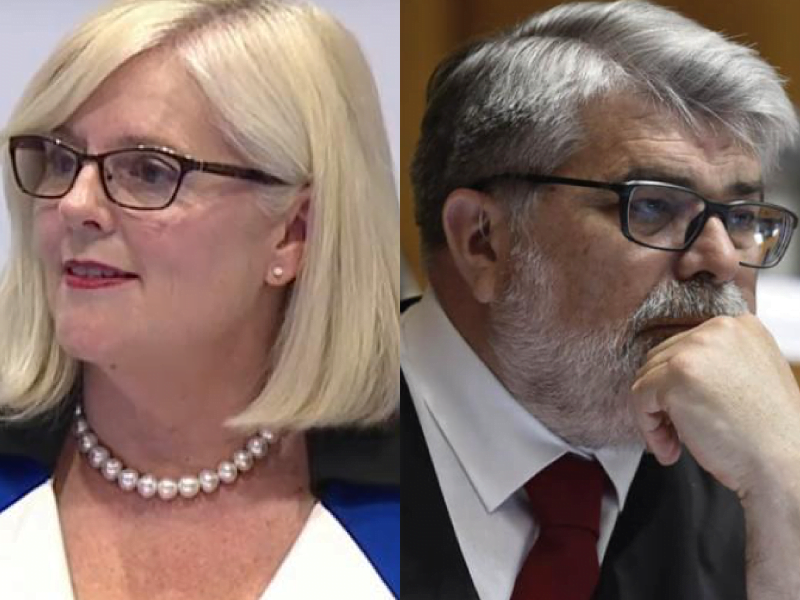Science policy is not usually the issue on which Australia turns would be an understatement. But at the 2019 election, the science discussion has been surprisingly robust – especially if the debate about climate change is included.
It is fair to say Labor led the discussion on science and research. Bill Shorten took the initiative six months out from the election to say his future government would put science at the centre of government decision-making.
He also said it would be his government’s goal – if elected – to lift the nation’s spend on research and development by billions of dollars annually to 3 per cent of the GDP by 2030. That’s a huge ambition.

Industry spokesman Kim Carr said he would appoint six of the nation’s top scientists – led by former Australian government chief scientist professor Ian Chubb – to conduct a review into Australia’s research framework in comparison and international best practice in organising our research system.
Resurrecting the Hawke-Keating era model for a Prime Minister’s Council for Science and Innovation is also on the agenda for a future Shorten government.
The council would be supported by a National Scientific Expert Panel and be shaped by the Australian Academy of Science to provide policy advice on topics particularly on vexing big picture social and economic issues like climate change and energy.
If Shorten government is successful in hitting the 3 per cent would be a remarkable lift for Australia. OECD numbers have previously recorded Australia’s gross R&D expenditure at just 1.9 per cent of GDP in 2016, compared to 4.3 per cent in Israel and 4.2 per cent in Korea.
Hitting the target would put the country behind Japan (3.3 per cent) and just ahead of Germany and the United States (2.9 per cent and 2.8 per cent respectively). This is assuming other nations do not also dramatically increase their science and research spend.
Other commitments Labor has made include a $15 million boost for national health and climate research capabilities.
It forms part of Labor’s wider $300 million University Future Fund promise for to help fast-track small to medium funding grants so that universities can update or renovate facilities; or invest in new or updated research equipment, labs or other important facilities.
The party also unveiled a $35 million policy package to support the burgeoning Australian space sector, with a goal to double the size of the industry in the next five years.
Within that package included the creation four Australian Research Council Space Industry Research Hubs and two ARC Space Industry Training Centres to provide for 25 industrial PhDs.
Senator Carr also pledged to “preserve” the research and development tax incentive. He flagged Labor would introduce new premium within the RDTI to encourage private sector collaboration with public research institutions.
He has also promised to develop a national STEM strategy.
But that’s also not to say the Coalition hasn’t put forward its own interesting policies ahead of the election that has the potential to drive continued industry growth.
Since taking up the role Minister of Industry, Science and Technology in August 2018 as part of Scott Morrison’s cabinet reshuffle, Karen Andrews has been a prominent advocate for science and research.
It helps that the Queensland MP has a background in the portfolio she represents. Ms Andrews holds a mechanical engineering degree from the Queensland University of Technology.
Some top policies Ms Andrews has announced in the lead up to the election include providing $50 million over the next 10 years to support ongoing research in the Antarctic. Another $4.7 million will be split between five new joint research centres in Australia and China to focus on developing medical and alternative energy security technology.
The Morrison government also announced during its last budget that $19.5 million will be delivered to support the local space industry under the Space Infrastructure Fund.
Ms Andrews says the Coalition can lay claim – through the National Innovation and Science Agenda – huge credit for changing the national conversation to include issues of innovation, and says the government would continue to modify its primary science, research, innovation and commercialisation policies to deliver better outcomes for the Australian economy.
Do you know more? Contact James Riley via Email.

